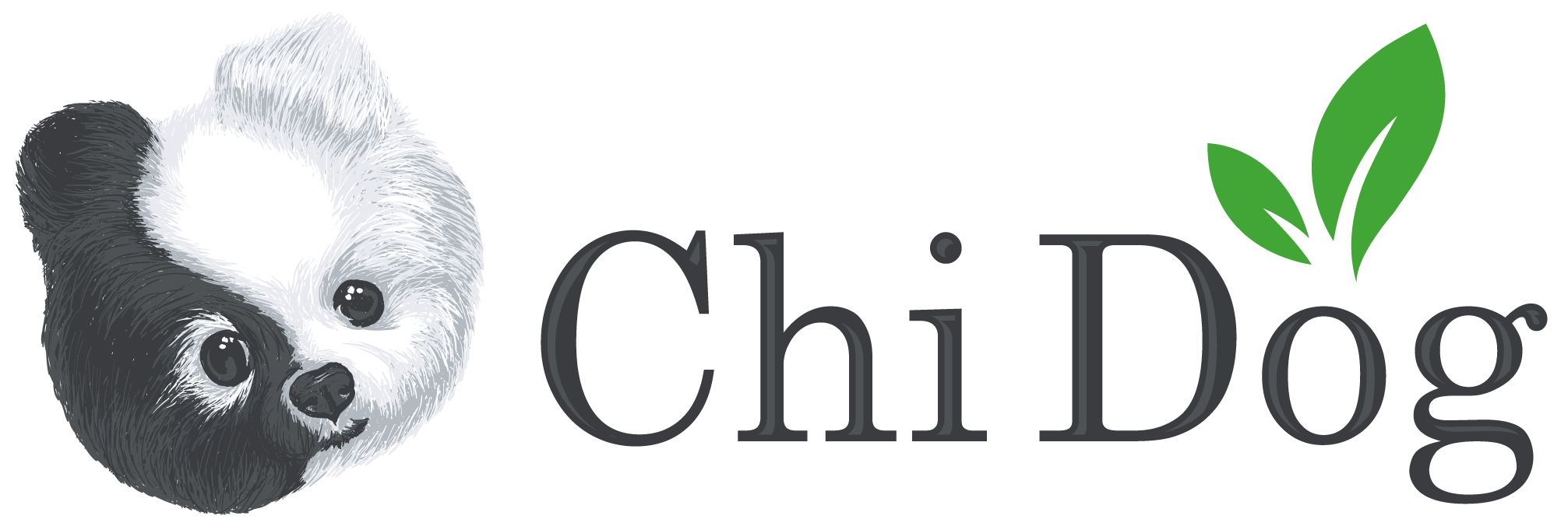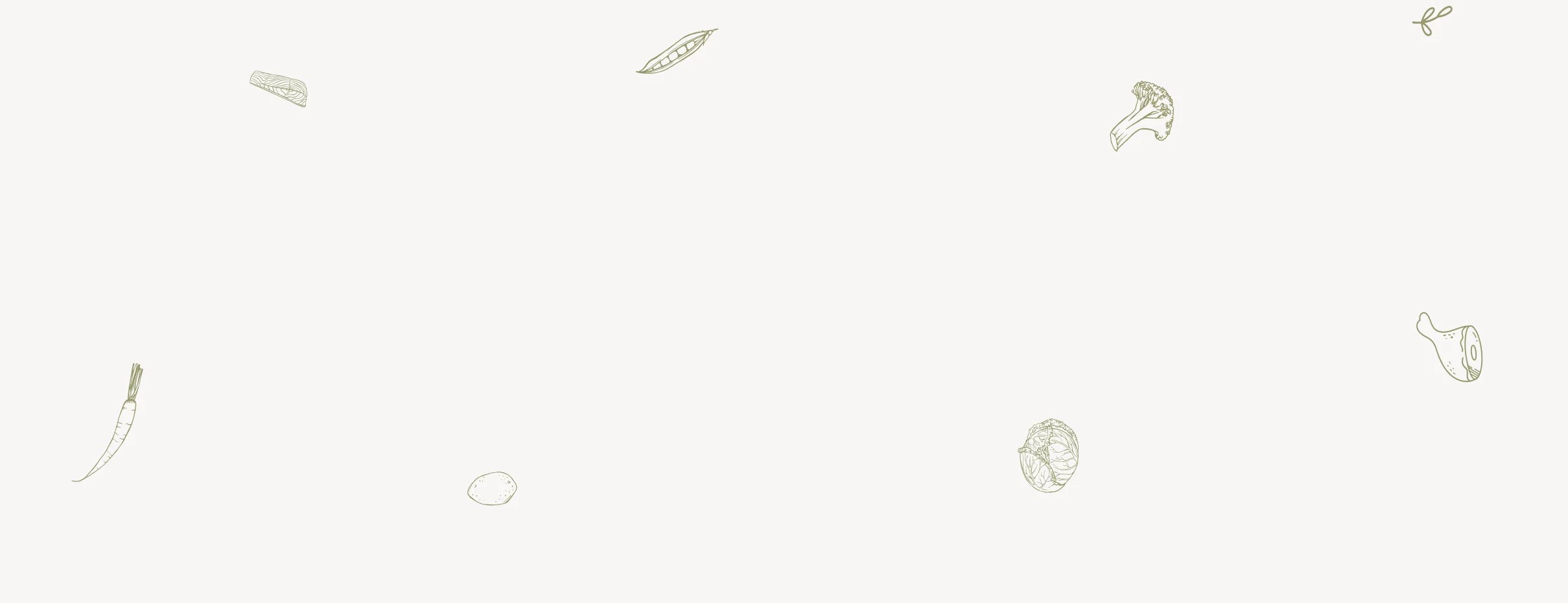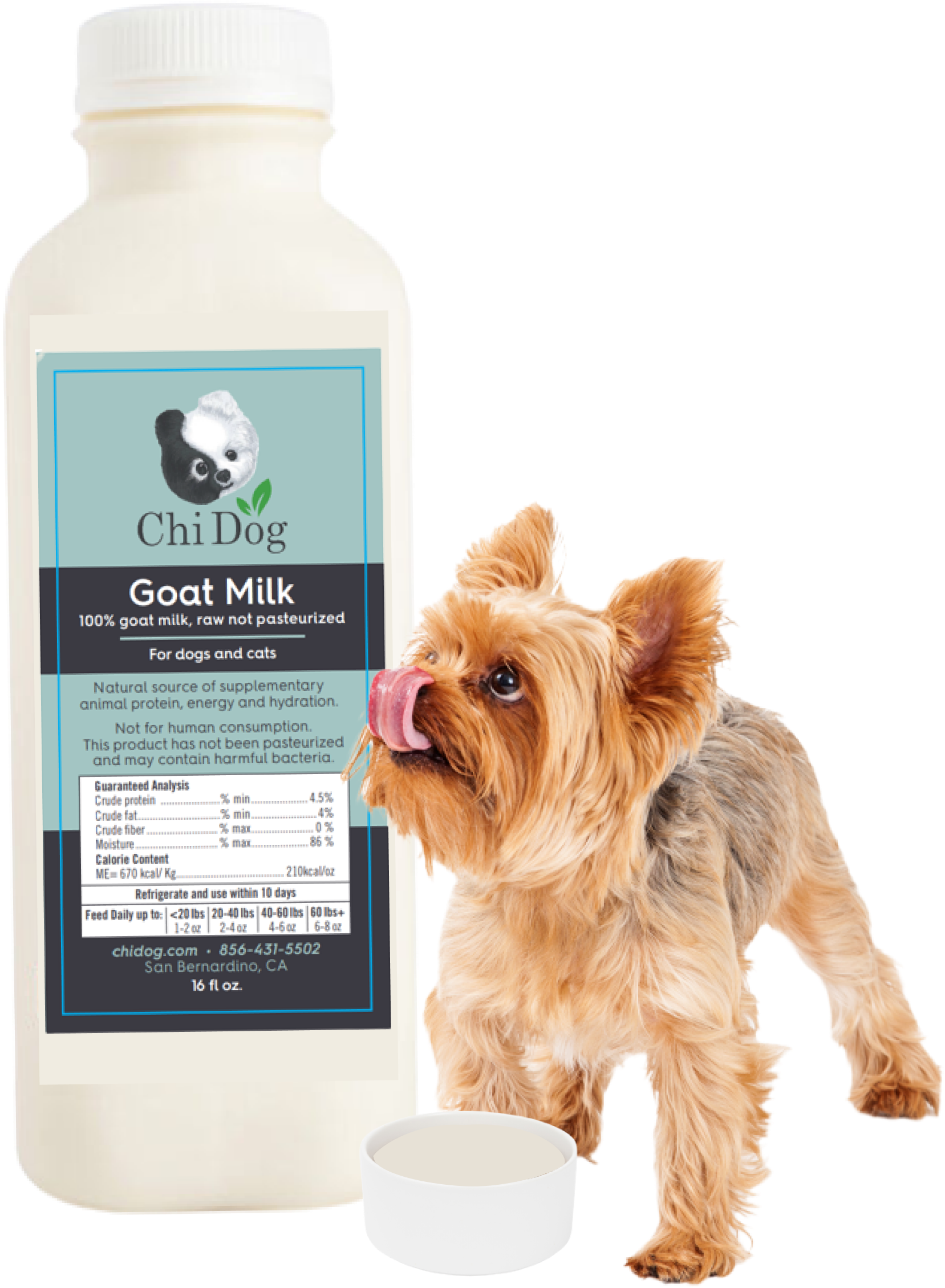
Dilated Cardiomyopathy (DCM) and Taurine: What You Should Know!


The Link Between Taurine and DCM Disease in Dogs
Recently the FDA has reported a potential link between grain-free diets and heart disease (Dilated Cardiomyopathy or DCM) in dogs . The great news is that fresh pet foods have not been implicated in the possible correlation.
How does Traditional Chinese Medicine view the incidence of nutritional deficiencies in Western Medicine and how does Chi Dog measure up?
Our Veterinary Nutritionist, Dr. Edward Moser, has been discussing Taurine Deficiency studies with Chi Dog since last summer when the issue was first reported. We continue to follow its progression.
Overall, feeding a high meat or egg diet provides more than enough natural taurine, cysteine and methionine.
Chines Medicine would suggest that nutritional deficiencies occur when we do not nourish the body with quality ingredients. Specifically, regarding Taurine, if the meat is low quality, (feed grade) and then it is over processed (extruded to make kibble), the proteins and amino acids become so denatured they are no longer nutritious.
Dog food companies add in synthetic amino acids to bring the values to AAFCO minimums.
[su_quote cite="Edward Moser VMD, Diplomate ACVN Board Certified Veterinary Nutritionist"]CHI DOG DIETS exceed AAFCO min guidelines for amino acid nutrition; including methionine and cysteine which are precursors for taurine synthesis by your dog.[/su_quote]
We feel the feed grade ingredients in processed dog food is not adequately nutritious. This conclusion is based on the experience of seeing the benefits of a Whole Food diet, based on Food Therapy.
Chi Dog use peas and potatoes in some of our meals but they are not the primary source of protein. Chinese Medicine recommends a high meat or animal protein in diets for dogs. This gives our meals high quality natural sources of Taurine and other ingredients are used to maintain balance in the body.
Food is the First Medicine; our dogs need real nourishment.

The history of the Taurine Deficiency studies reported by the FDA:
Since 2018 the FDA has reported a higher incidence of heart disease in dogs on grain free kibble, but not yet a clear reason why.
Grain Free diets often replace grains with legumes and potatoes. The simplest conclusion is that there is something wrong with potatoes and legumes. But these ingredients in and of themselves, are not suspected to be the cause of heart disease. Taurine does not come from grains and legumes or even grain. Taurine and the building blocks of taurine are naturally found in animal protein.
The basics on Taurine:
Taurine is an amino acid that is made in a dog’s body from methionine and cysteine. It is also naturally present in high amounts in animal proteins via meats and eggs.
It is not considered an essential amino acid by the AAFCO because dogs can synthesize it from dietary methionine and cysteine and there are minimum levels of cysteine and methionine for dog food.
Low Taurine is one of many causes of DCM in dogs. Not every dog with DCM has a taurine deficiency. In fact, most dogs with DCM have adequate taurine levels. DCM is most commonly caused by a genetics and breed predisposition causing an inability to synthesize enough taurine despite an adequate amount in the diet.
The concern is only regarding those dogs that:
1: Have DCM

2: Have a concurrent taurine deficiency.
The studies point to dogs on grain free diets have a higher incidence of low taurine related DCM than those eating kibble with grain. The overall incidence of DCM for dogs on grain free food is still extremely low: 500 cases out of 20 million dogs eating grain free for years.
No recalls have been made because we do not know what is causing some dogs to have low taurine and other dogs eating the same diet do not.
The FDA has put out multiple reports saying they are still investigating. The current thinking is that may be a combination of factors: low taurine, a genetic component, etc.
Chi Dog uses Chinese Medicine’s Food Therapy principles to choose specific high quality, human grade ingredients that we gently cook to nourish our pets and maintain balance in the body.



